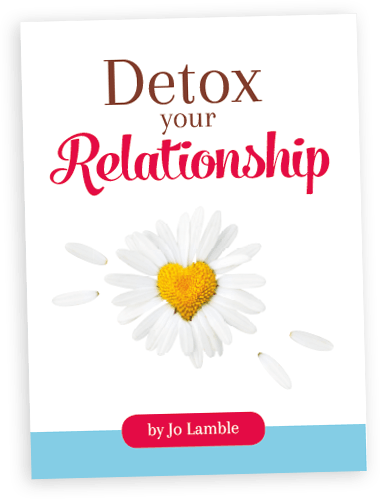 Yesterday I heard a radio host announce that he had received an email full of praise. He was obviously pleased, but genuinely shocked to have received anything but criticism. The announcer’s comments reminded me of a client I saw recently who said that she did not want to become one of those women who criticise other women. Speaking occasionally on TV and radio has certainly drawn a lot of criticism my way over the years – most of it no doubt deserved. We seem to be intent on praising our children. But why do we find it easier to criticise other adults than it is to praise them?
Yesterday I heard a radio host announce that he had received an email full of praise. He was obviously pleased, but genuinely shocked to have received anything but criticism. The announcer’s comments reminded me of a client I saw recently who said that she did not want to become one of those women who criticise other women. Speaking occasionally on TV and radio has certainly drawn a lot of criticism my way over the years – most of it no doubt deserved. We seem to be intent on praising our children. But why do we find it easier to criticise other adults than it is to praise them?
How critical you are depends of 4 factors:
1. How you were raised – If you were brought up in a family that was highly critical of other people, then you are likely to continue the tradition. Even if your parents were full of praise for you, but you regularly heard them abuse other drivers or criticise the way your friends were brought up, you may well have taken on the same habit.
2. How truly confident you are – Ever notice how confident people don’t try too hard to convince you that you are wrong? They don’t have to give an opinion on everything and are often quiet achievers. I’m not talking about arrogance – which is false confidence. I’m referring to that rare person who doesn’t need other people to agree with them or even like them because they are not insecure and they don’t fear negative evaluation.
3. How mindful you are – Mindfulness is that wonderful ability to focus on the here and now in a non-judgmental way. Learning this fabulous skill can change your life. We can all practice mindfully walking, eating, and driving by simply observing what we can see, hear, smell, think and feel. A scientist observes and analyses data. They don’t make judgments. They present evidence and suggest reasons for why things happen as they do. To be mindful, we need to pretend we are scientists in an experiment called life.
4. How empathic you are – Empathy means entering into the spirit of another person. To be empathic, you need to imagine what it’s like for the other person given their situation and their personality. When we take ourselves out of the equation, we stop being critical and we start feeling understanding and compassion for other people.
So how critical are you? If you want to be less judgmental, think about learning the art of mindfulness and practice being empathic and your own confidence levels may very well rise as a result.







